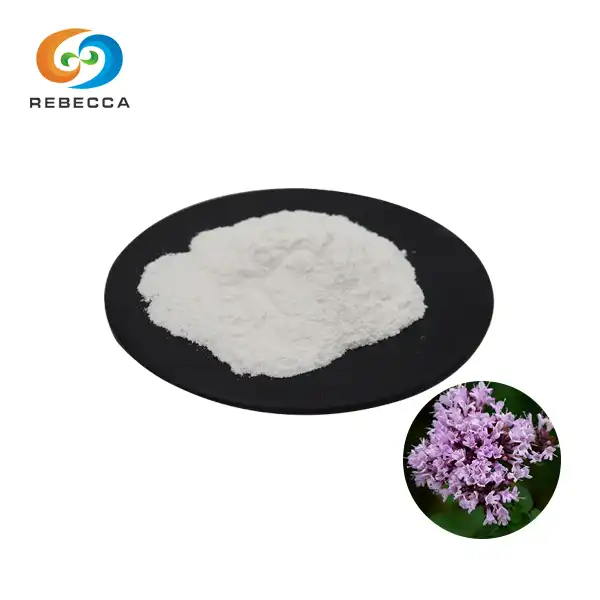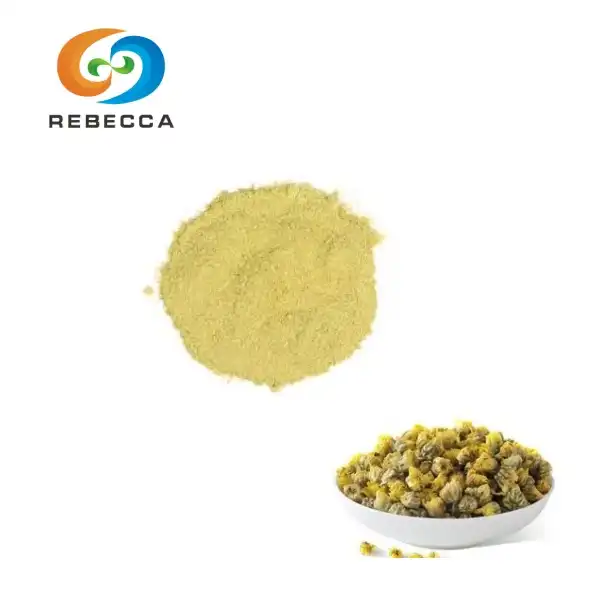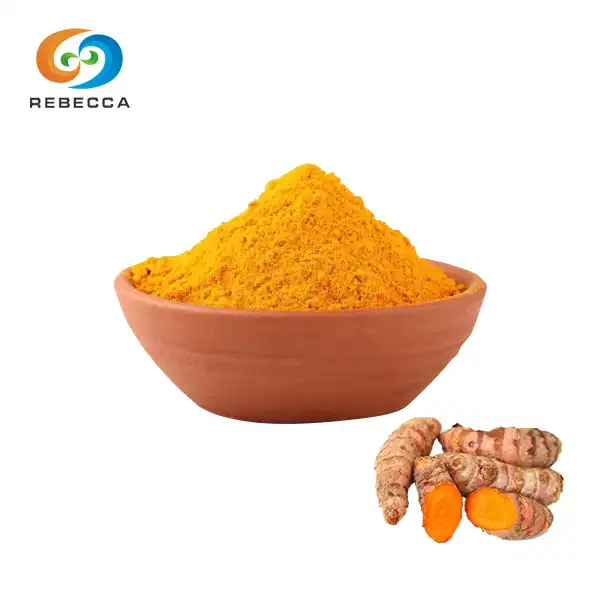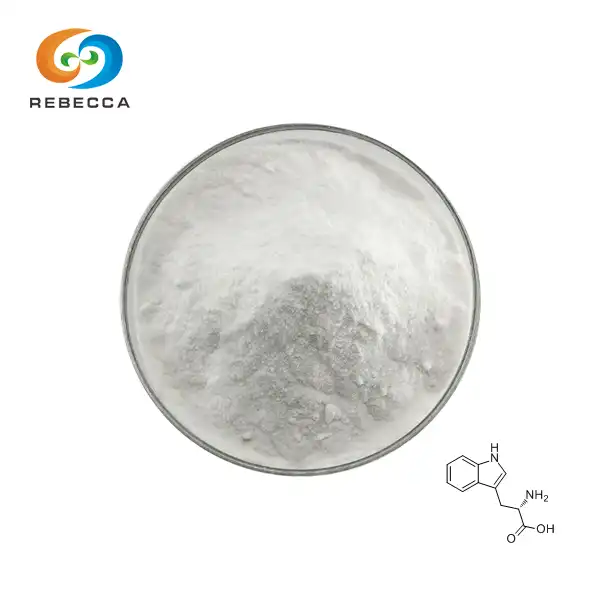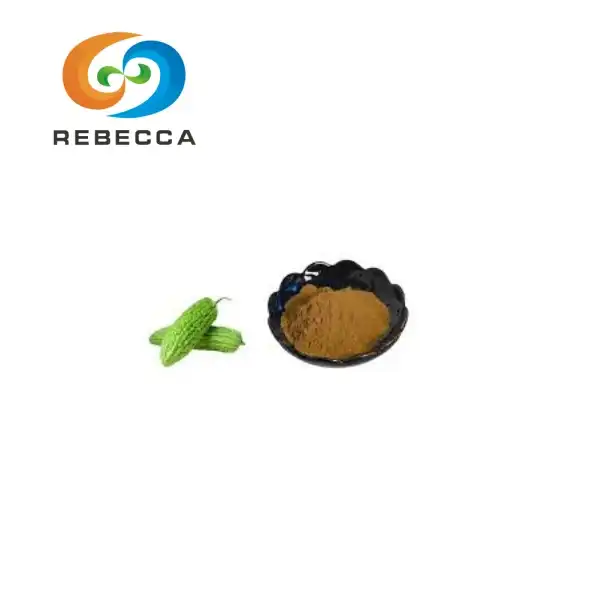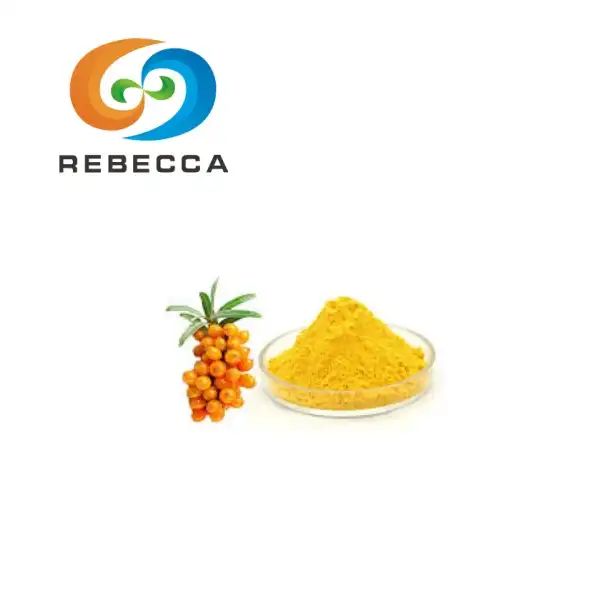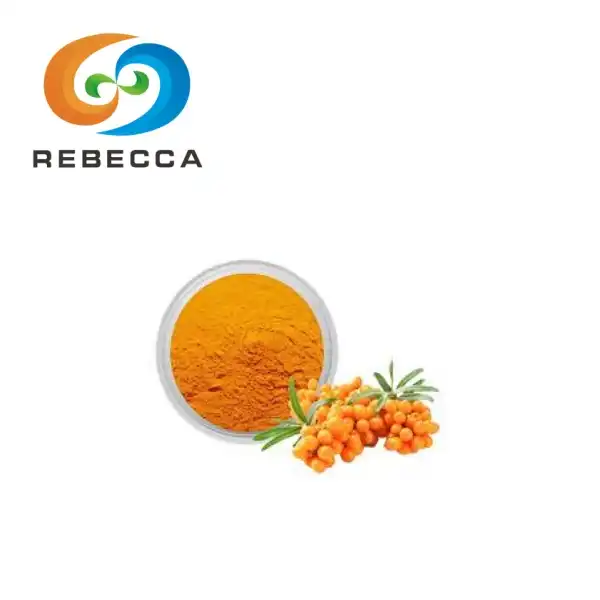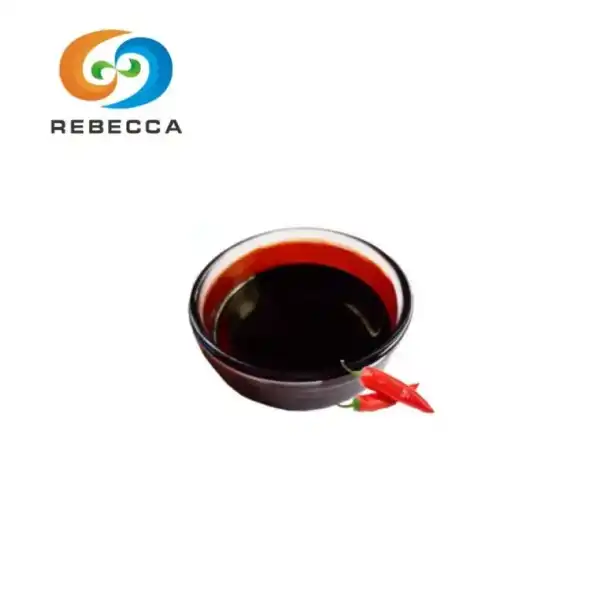Pure Resveratrol Powder: Natural Anti-Aging Benefits Explained
As we age, many of us search for ways to maintain our youthful vitality and appearance. Enter pure resveratrol powder, a natural compound that's been making waves in the anti-aging world. Derived from sources like Polygonum cuspidatum root, this potent antioxidant offers a range of potential health benefits. Let's dive into the science behind resveratrol and explore how it might help you turn back the clock.
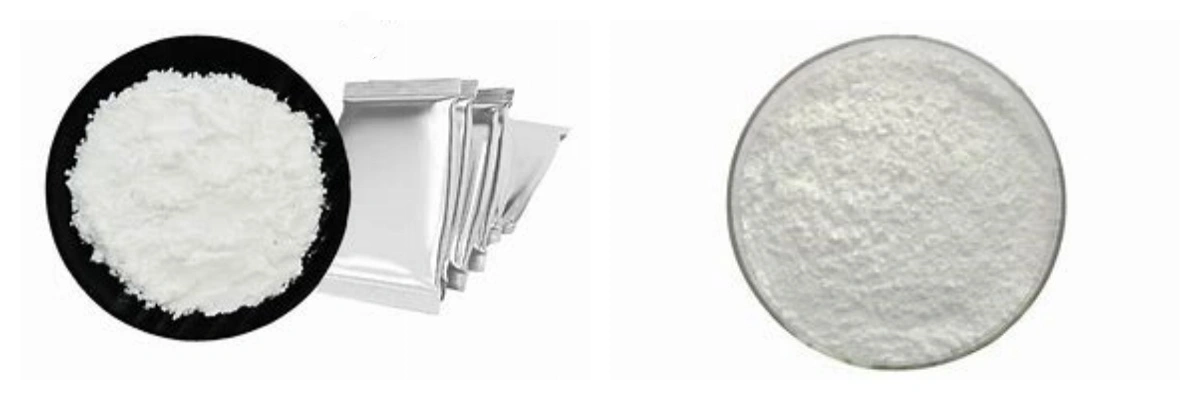
How Pure Resveratrol Powder Fights Aging and Wrinkles?
Resveratrol, a polyphenol found in red grapes, berries, and certain plants, has garnered attention for its potential anti-aging properties. But how exactly does it work?
Antioxidant Power
At its core, resveratrol is a powerful antioxidant. It helps neutralize harmful free radicals in our bodies, which are unstable molecules that can damage cells and accelerate the aging process. By combating oxidative stress, resveratrol may help protect our skin and internal organs from premature aging.
Cellular Rejuvenation
Research suggests that resveratrol might activate certain genes associated with longevity. It's believed to mimic the effects of calorie restriction, a practice linked to increased lifespan in various species. By influencing cellular pathways, resveratrol could potentially slow down the aging process at a molecular level.
Collagen Boost
Collagen, the protein responsible for skin elasticity, naturally decreases as we age. Some studies indicate that resveratrol might stimulate collagen production, potentially reducing the appearance of fine lines and wrinkles. This could lead to firmer, more youthful-looking skin.
Inflammation Reduction
Chronic inflammation is a key factor in many age-related diseases. Resveratrol has demonstrated anti-inflammatory properties in various studies. By helping to quell inflammation throughout the body, it may contribute to overall health and longevity.

Best Ways to Use Pure Resveratrol Powder for Health
Now that we understand how pure resveratrol powder works, let's explore the most effective ways to incorporate this powerful compound into your health regimen.
Oral Supplementation
The most common method of using pure resveratrol powder is through oral supplementation. Typically, resveratrol supplements come in capsule or powder form. When choosing a supplement, look for high-quality products like those derived from Polygonum cuspidatum root, with a minimum of 98% resveratrol content as verified by HPLC (High-Performance Liquid Chromatography).
Topical Application
Some skincare products now incorporate resveratrol for its potential anti-aging benefits. While research is ongoing, topical application may help protect the skin from UV damage and reduce signs of aging. Consider looking for serums or creams that contain pure resveratrol powder as an active ingredient.
Dietary Sources
While supplements offer a concentrated dose, you can also increase your resveratrol intake through diet. Red grapes, blueberries, cranberries, and peanuts all contain resveratrol. Red wine is another source, though it's important to consume alcohol in moderation.
Timing and Dosage
The optimal dosage of resveratrol is still under investigation. Most studies have used doses ranging from 150 mg to 1000 mg per day. It's crucial to consult with a healthcare professional before starting any new supplement regimen. Some research suggests that taking resveratrol with a meal containing fat may enhance its absorption.
Pure Resveratrol Powder vs. Other Anti-Aging Supplements
With a plethora of anti-aging supplements on the market, how does pure resveratrol powder stack up? Let's compare it to some other popular options.
Resveratrol vs. Coenzyme Q10
Both resveratrol and Coenzyme Q10 (CoQ10) are potent antioxidants. While CoQ10 is crucial for cellular energy production, resveratrol may have broader anti-aging effects, including potential benefits for cardiovascular health and longevity genes. Some people choose to use both supplements for comprehensive anti-aging support.
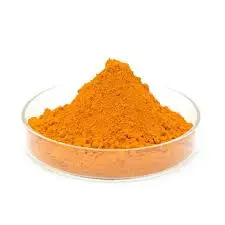
Resveratrol vs. Vitamin C
Vitamin C is well-known for its skin benefits and immune-boosting properties. Resveratrol, while also an antioxidant, may offer additional benefits like potential neuroprotective effects and cardiovascular support. Combining the two could provide synergistic antioxidant protection.
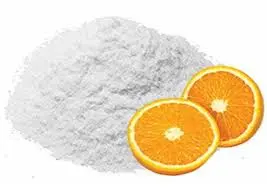
Resveratrol vs. Collagen
Collagen supplements directly provide the building blocks for skin, hair, and nails. Resveratrol, on the other hand, may stimulate the body's own collagen production. For comprehensive skin health, some people choose to use both.
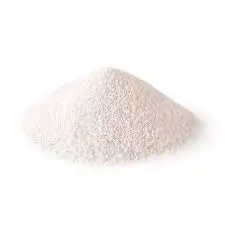
Purity and Potency
When comparing supplements, it's crucial to consider purity and potency. Pure resveratrol powder, especially when derived from high-quality sources like Polygonum cuspidatum root and extracted using water and alcohol, can offer a highly concentrated form of this beneficial compound. Look for products with a minimum of 98% resveratrol content, as verified by HPLC analysis.
Synergistic Effects
While resveratrol is powerful on its own, some research suggests it may work synergistically with other compounds. For example, combining resveratrol with quercetin (another polyphenol) might enhance its bioavailability and effectiveness. This highlights the potential benefits of a well-rounded approach to anti-aging supplementation.
Personalized Approach
It's important to remember that everyone's body is unique. What works best for one person may not be ideal for another. When considering anti-aging supplements, including pure resveratrol powder, it's beneficial to consult with a healthcare professional who can take into account your individual health status, goals, and potential interactions with medications.
Long-Term Considerations
While many anti-aging supplements show promise in short-term studies, the long-term effects of prolonged use are still being researched. Resveratrol has shown a good safety profile in studies, but as with any supplement, it's wise to periodically reassess its use and effectiveness for your personal health goals.
Lifestyle Factors
It's crucial to remember that supplements, including resveratrol, are not magic bullets. They work best when combined with a healthy lifestyle. Regular exercise, a balanced diet rich in whole foods, adequate sleep, and stress management are all key components of an effective anti-aging strategy. Pure resveratrol powder can be a valuable addition to these foundational practices.
Cost-Effectiveness
When comparing anti-aging supplements, consider the cost-effectiveness of each option. Pure resveratrol powder, especially in its concentrated form (98% or higher), may offer a potent dose of antioxidants at a relatively reasonable price point compared to some other high-end anti-aging products.
Conclusion
In conclusion, pure resveratrol powder stands out as a promising player in the world of anti-aging supplements. Its potent antioxidant properties, potential to stimulate longevity genes, and possible benefits for skin health make it an attractive option for those looking to support healthy aging. When derived from high-quality sources like Polygonum cuspidatum root and processed to ensure high purity (98% or more resveratrol content), it offers a concentrated dose of this beneficial compound.
However, it's important to approach anti-aging strategies holistically. While resveratrol shows great promise, it's most effective when used as part of a comprehensive approach that includes a healthy diet, regular exercise, adequate sleep, and overall wellness practices. As with any supplement, it's crucial to consult with a healthcare professional before adding resveratrol to your regimen, especially if you have existing health conditions or are taking medications.
For more information about pure resveratrol powder and other high-quality natural extracts, please contact us at information@sxrebecca.com. Our team of experts is here to help you navigate the world of natural anti-aging solutions and find the best options for your unique needs.
References
1. Baur, J.A., & Sinclair, D.A. (2006). Therapeutic potential of resveratrol: the in vivo evidence. Nature Reviews Drug Discovery, 5(6), 493-506.
2. Walle, T., Hsieh, F., DeLegge, M.H., Oatis, J.E., & Walle, U.K. (2004). High absorption but very low bioavailability of oral resveratrol in humans. Drug Metabolism and Disposition, 32(12), 1377-1382.
3. Smoliga, J.M., Baur, J.A., & Hausenblas, H.A. (2011). Resveratrol and health – A comprehensive review of human clinical trials. Molecular Nutrition & Food Research, 55(8), 1129-1141.
4. Robb, E.L., Page, M.M., Wiens, B.E., & Stuart, J.A. (2008). Molecular mechanisms of oxidative stress resistance induced by resveratrol: Specific and progressive induction of MnSOD. Biochemical and Biophysical Research Communications, 367(2), 406-412.
5. Bhullar, K.S., & Hubbard, B.P. (2015). Lifespan and healthspan extension by resveratrol. Biochimica et Biophysica Acta (BBA) - Molecular Basis of Disease, 1852(6), 1209-1218.
_1730691017423.webp)










